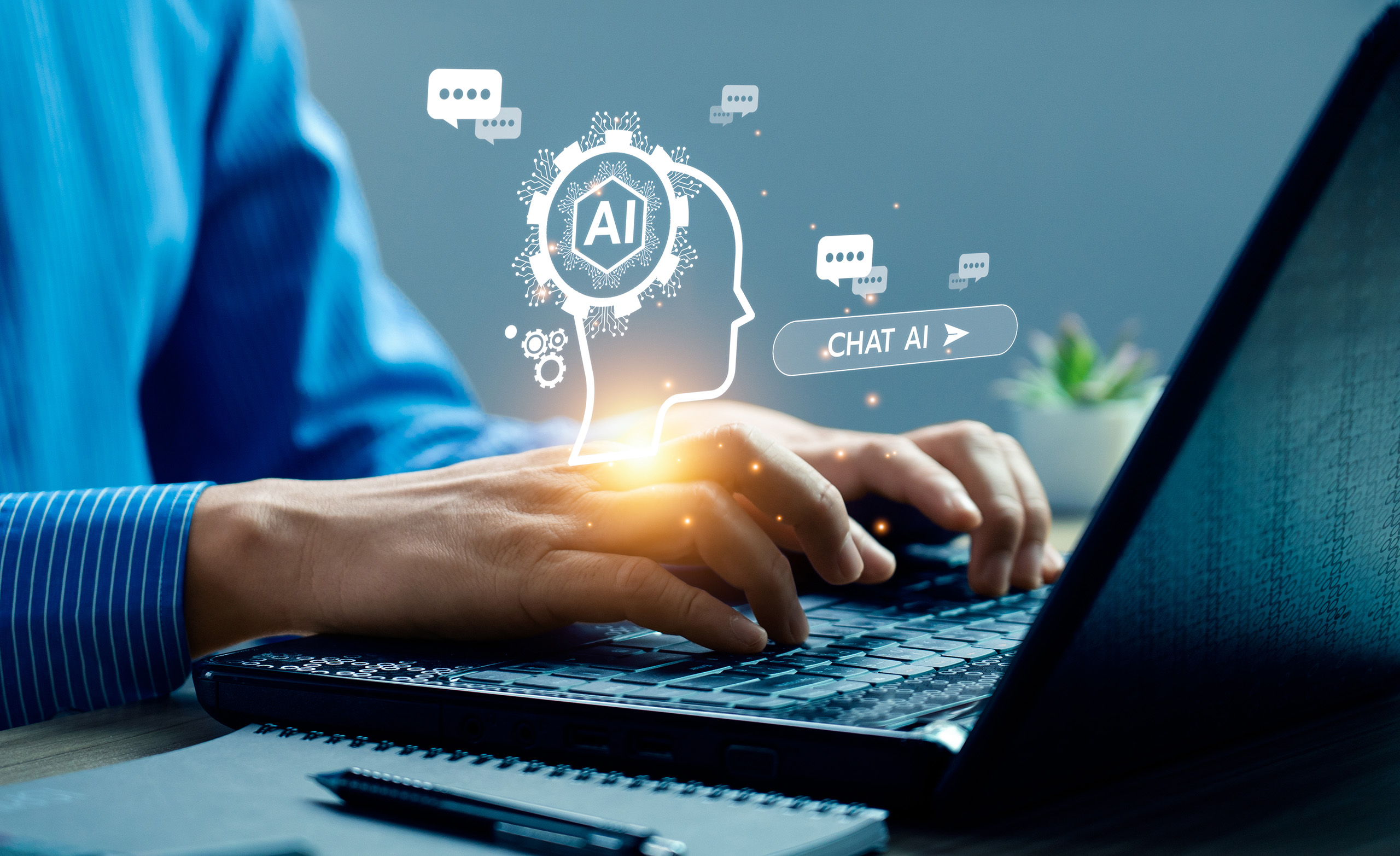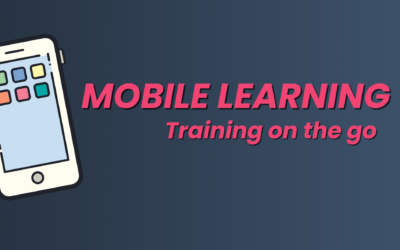One aspect of training that has been revolutionized by AI is the ability to personalize learning. This goes beyond a system integrating a user’s name or avatar, it creates content specialized person to person. By utilizing AI, a company can assess an employee’s learning style and skill level to create learning just for them (Ayeni, et. al., 2024). This not only will keep the employees engaged with the content but will also ensure what they are learning is relevant. Rather than all employees being stuck with the exact same content, regardless of skill level, they will only get lessons that apply to them. This saves time for both the trainee and the employer, creating work-ready employees quicker.
Training can be improved by giving the trainees real-time feedback. This can be time consuming and ineffective when done by hand. However, AI has the ability to look through a user’s responses to give intelligent, quick feedback (Bahroun, et. al., 2023). This allows the trainee to advance through content without waiting for feedback from an advisor. Without needing to wait for in-person feedback, an employee can complete training with more flexibility. This allows the employee to advance through their content faster and more effectively, it also gives them the ability to skip content they show mastery of. AI can also find any user weaknesses and tailor content to focus on those areas (Kayyali, 2023).
(Kayyali, 2023).
AI doesn’t need to be fully implemented to impact training. A company can use AI to advance current training by running them through the system and asking for advice. For example, people are impacted by implicit biases, but AI can go through content and ensure it is culturally sensitive and inclusive (Ayeni, et. al., 2024). Additionally, AI can make content more accessible by creating accommodations that still reflect the intended learning. It can provide the scaffolding necessary to help all kinds of learners understand the training (Ayeni, et. al., 2024).
AI’s rapid advancement throughout various industries and major impacts on training make it a great choice to start improving professional development. The ability of AI to personalize content, provide real-time feedback, and make training more accessible and inclusive is revolutionizing employee training. It creates the most relevant and effective training for each individual employee, leading to faster workplace readiness. As AI continues to evolve, its potential to enhance training and development will only grow, offering businesses and employees alike a more dynamic and effective path to success.










